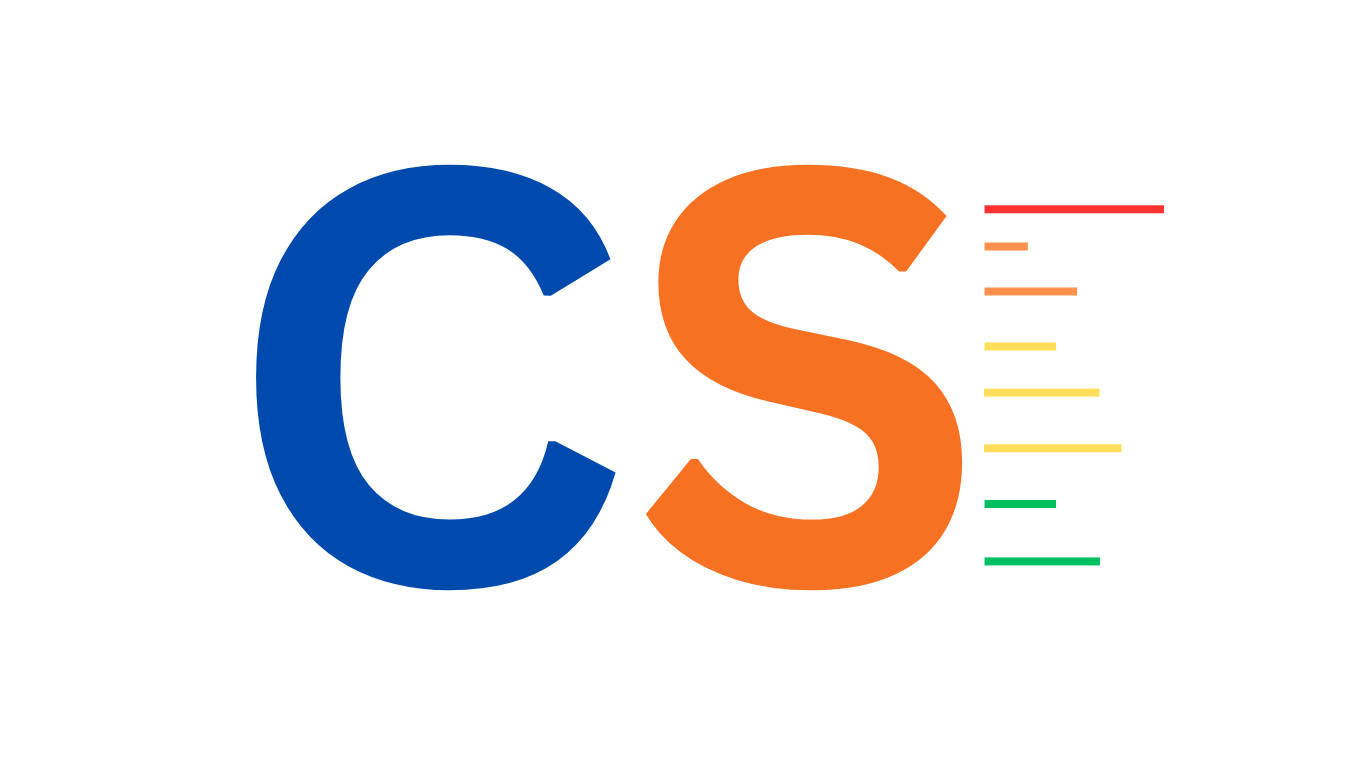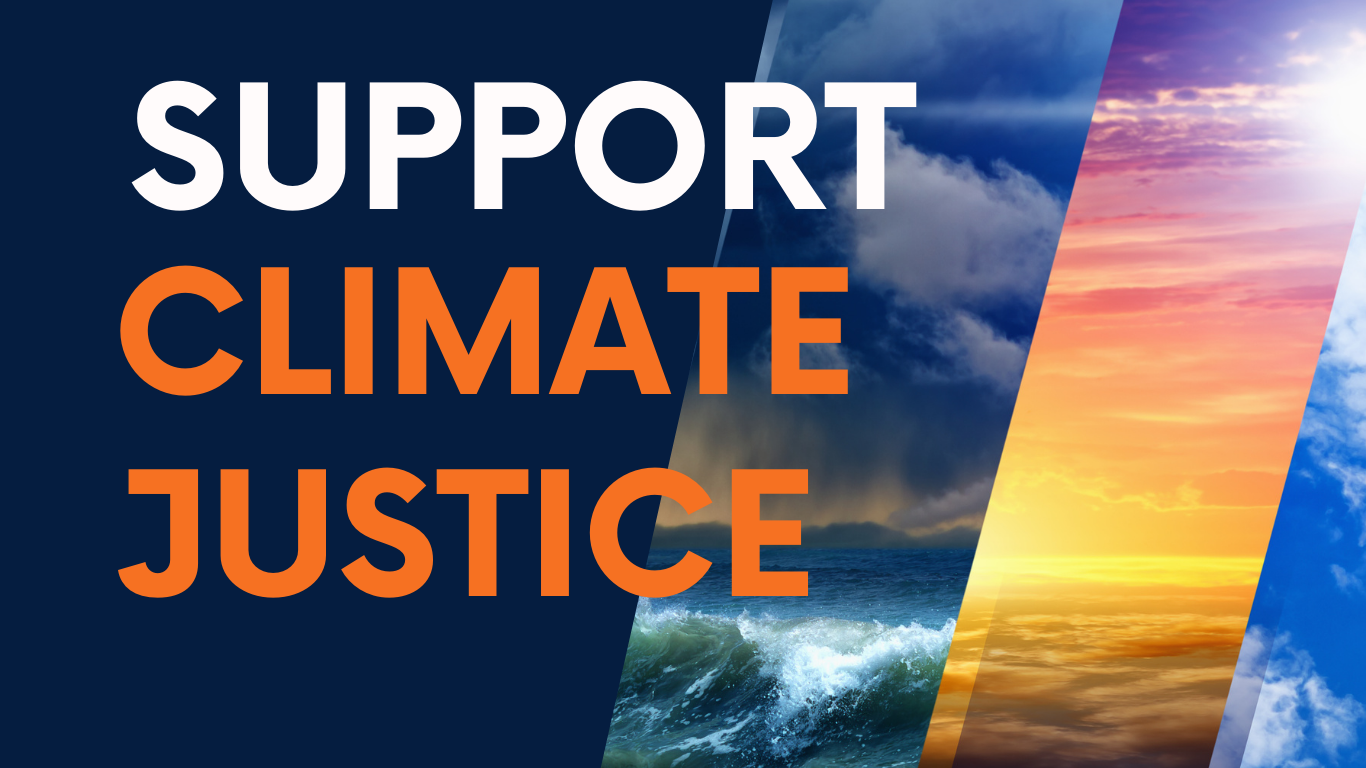While the 10-year Lima Work Programme is a step in the right direction, a lack of ambition in gender negotiations limited progress on securing finance for its implementation.
A Gender Action Plan is scheduled to be finalized at COP30 in Brazil next year. This comes following the adoption of an enhanced Lima Work Programme at this year’s COP29, signaled as a significant step towards advancing gender equality in climate action.
The COP agreed on a five-year enhanced Lima Work Programme on gender at the tail end of the conference held in Baku, Azerbaijan. First adopted in Madrid, Spain, at COP25, this action plan seeks to foster gender-responsive implementation and means of implementation of climate policy and action among member states.
The purpose of the Lima Work Programme is to acknowledge and address the needs and experiences of women, girls, and gender-diverse persons as a crucial element to guide climate policy and action.
However, pushback from some parties is indicative of the persistent patriarchal forces that continue to shape global politics. Russia, Iran, the Vatican, and Egypt were among the nations whose anti-rights and anti-gender views were blatantly displayed.
With the extended timeline of the work programme, the goal is to increase action on meaningfully integrating gender into climate decision-making in the finalized Gender Action Plan.
The enhanced work programme establishes a clear roadmap to make progress on the GAP. Greater ambition will be necessary to create a gender action plan with more intersectional, measurable, inclusive, and cohesive elements.







